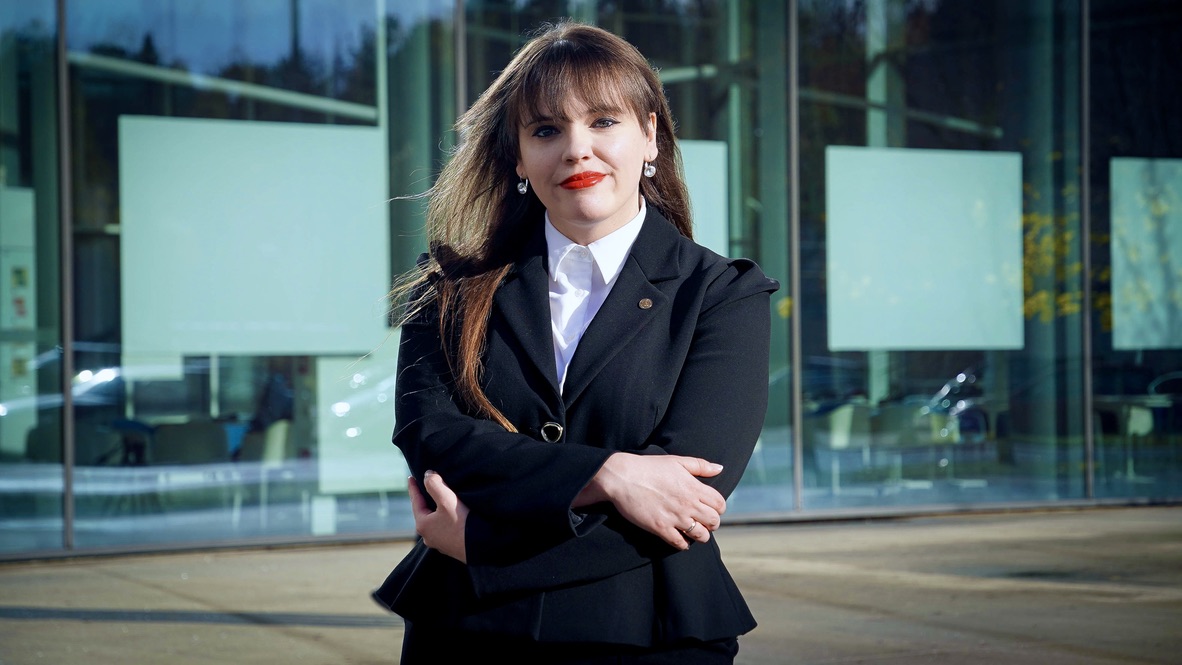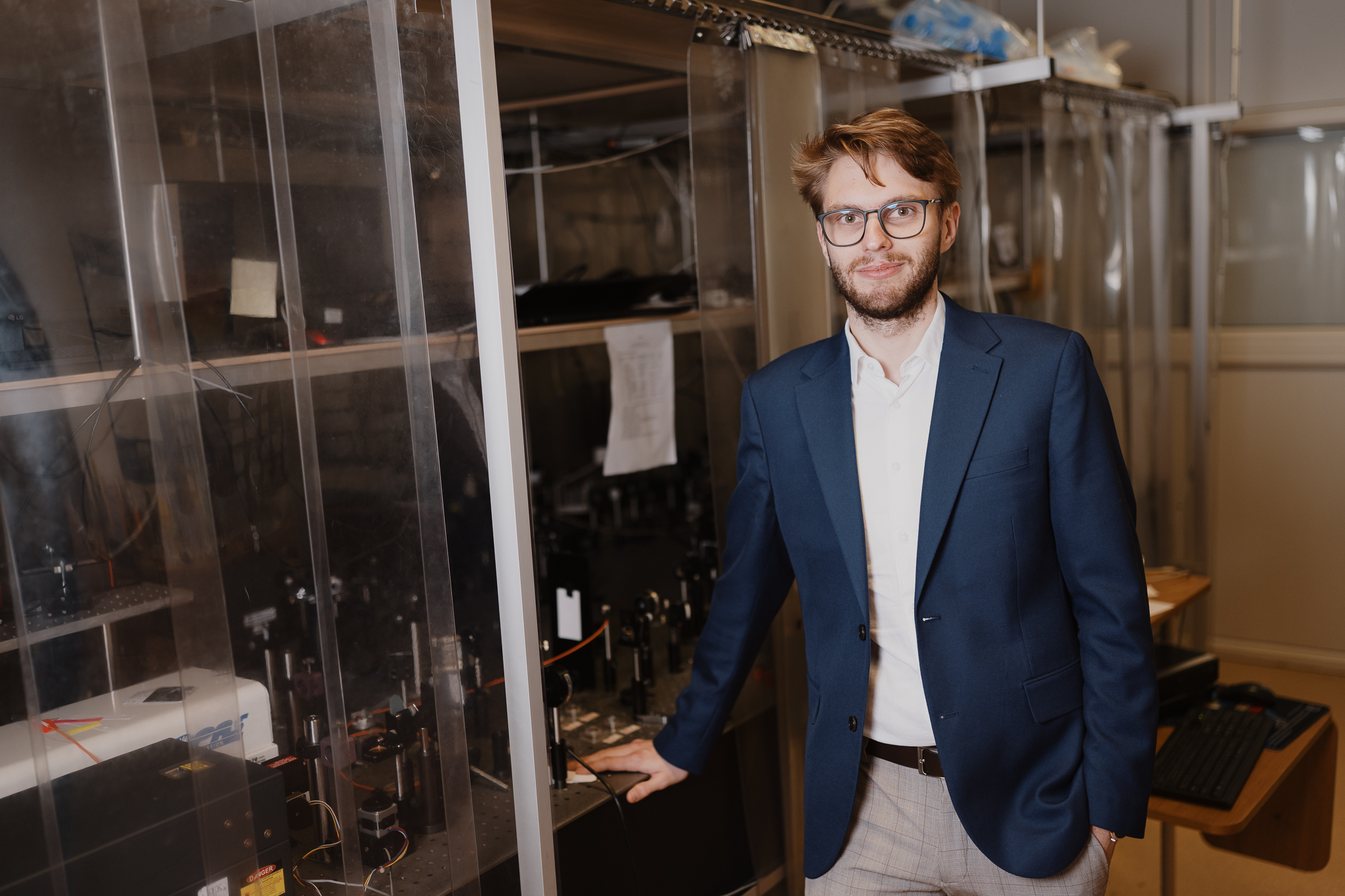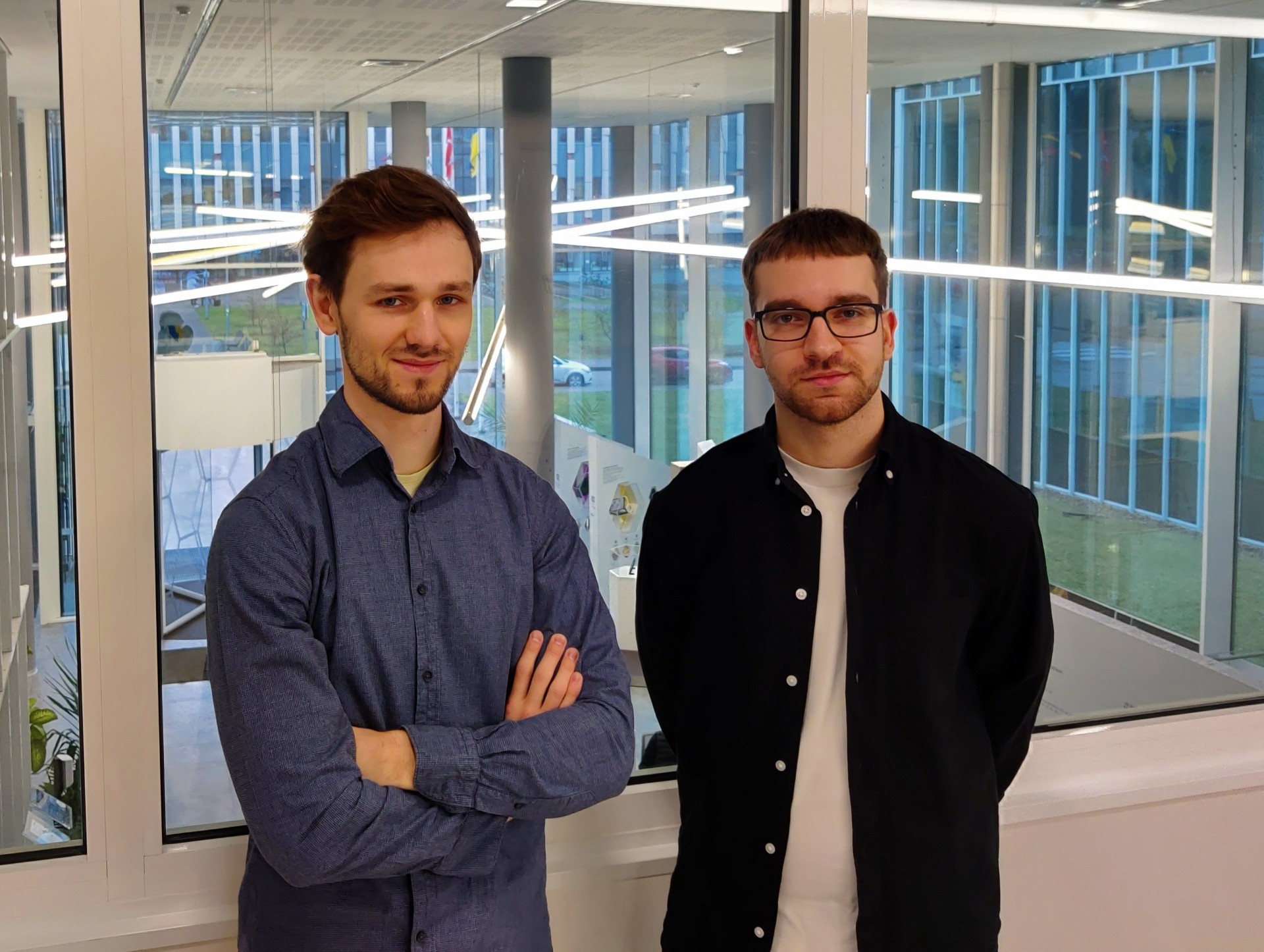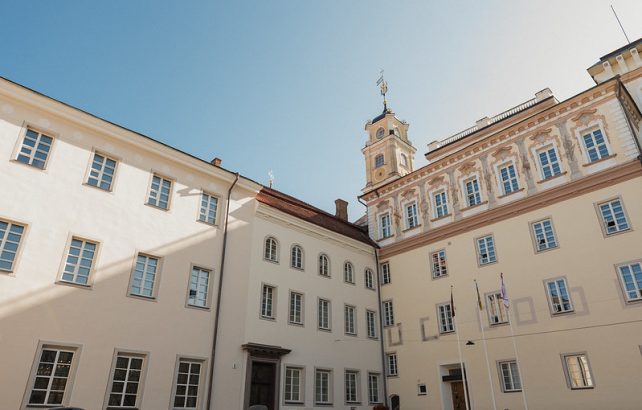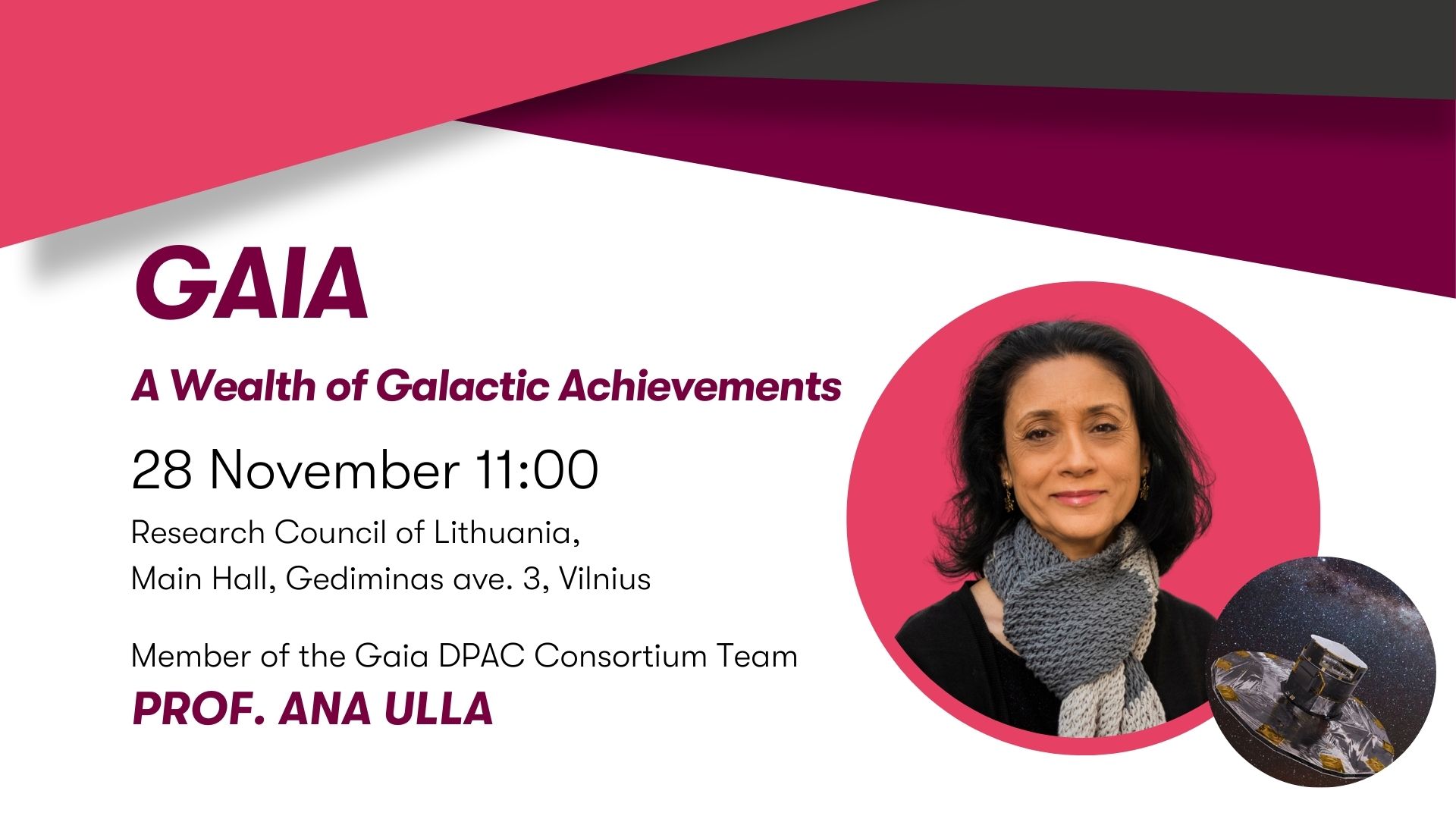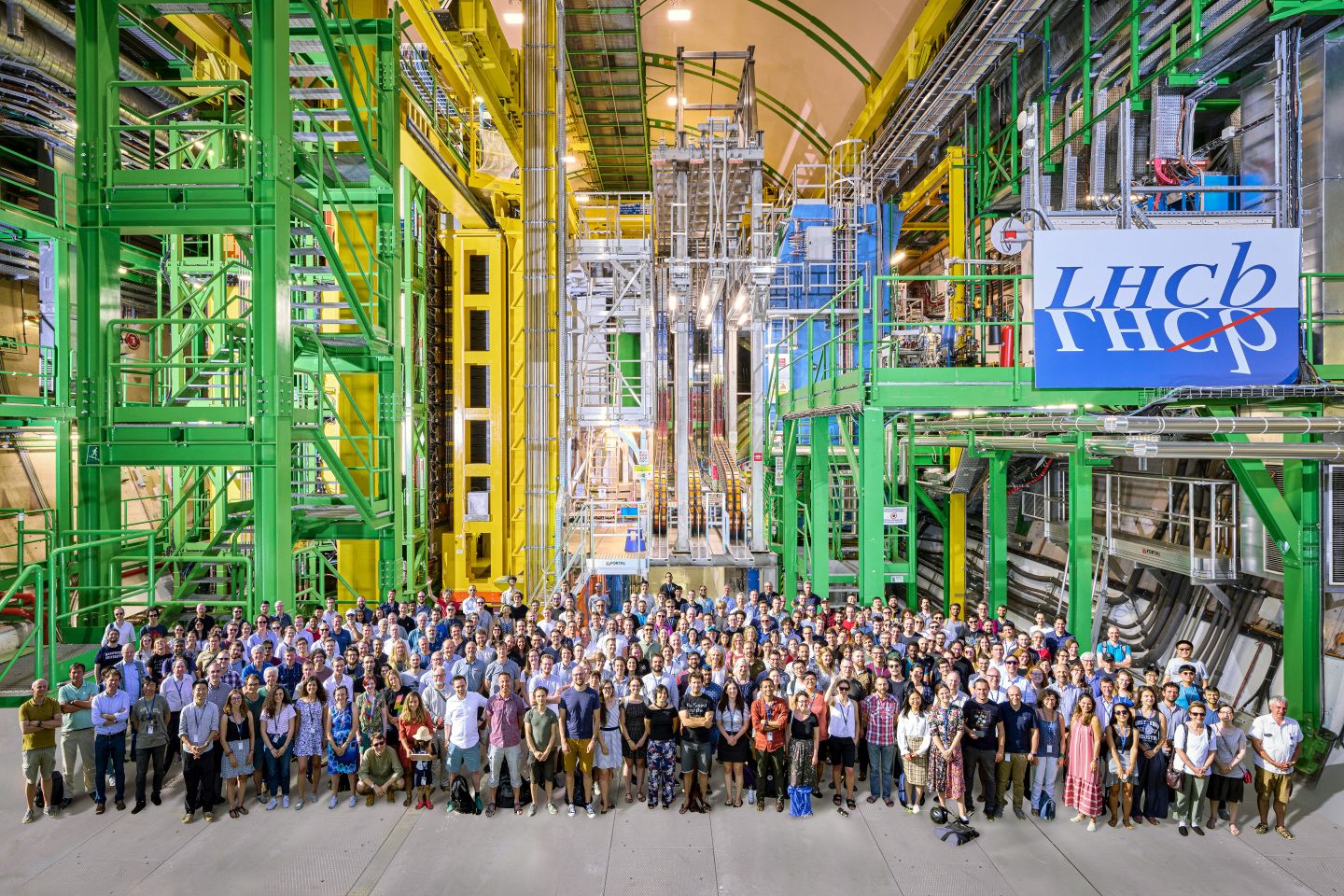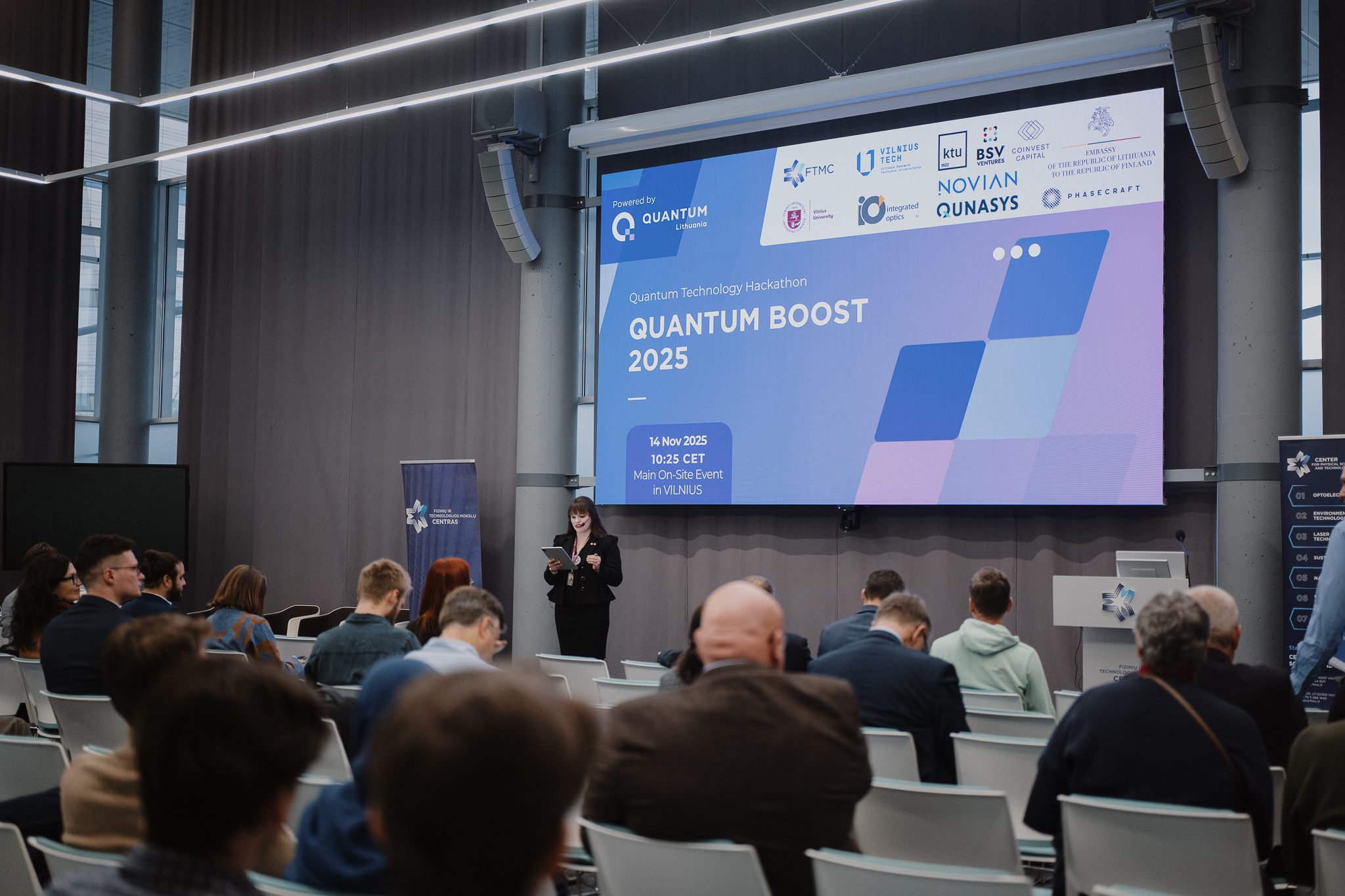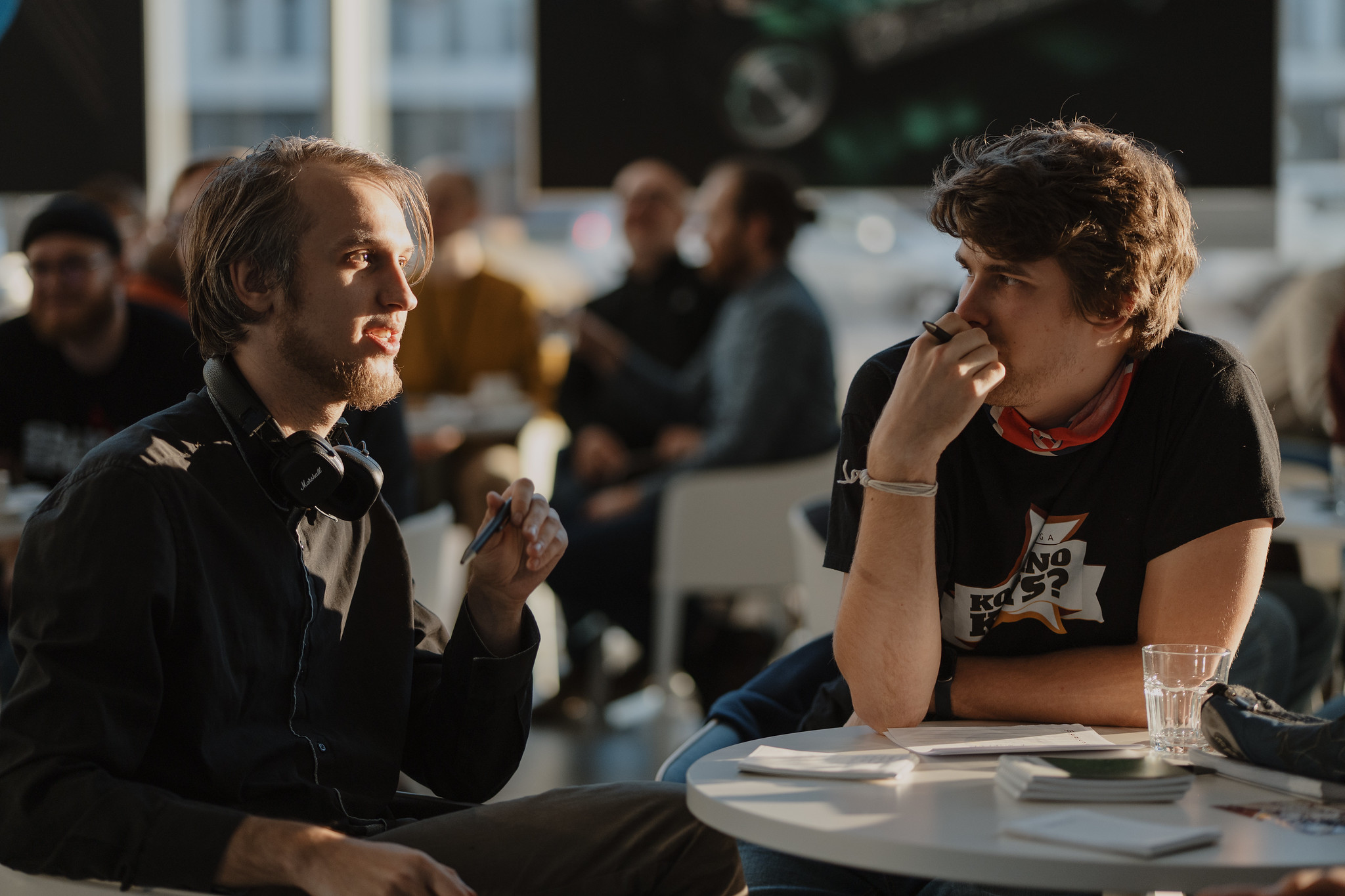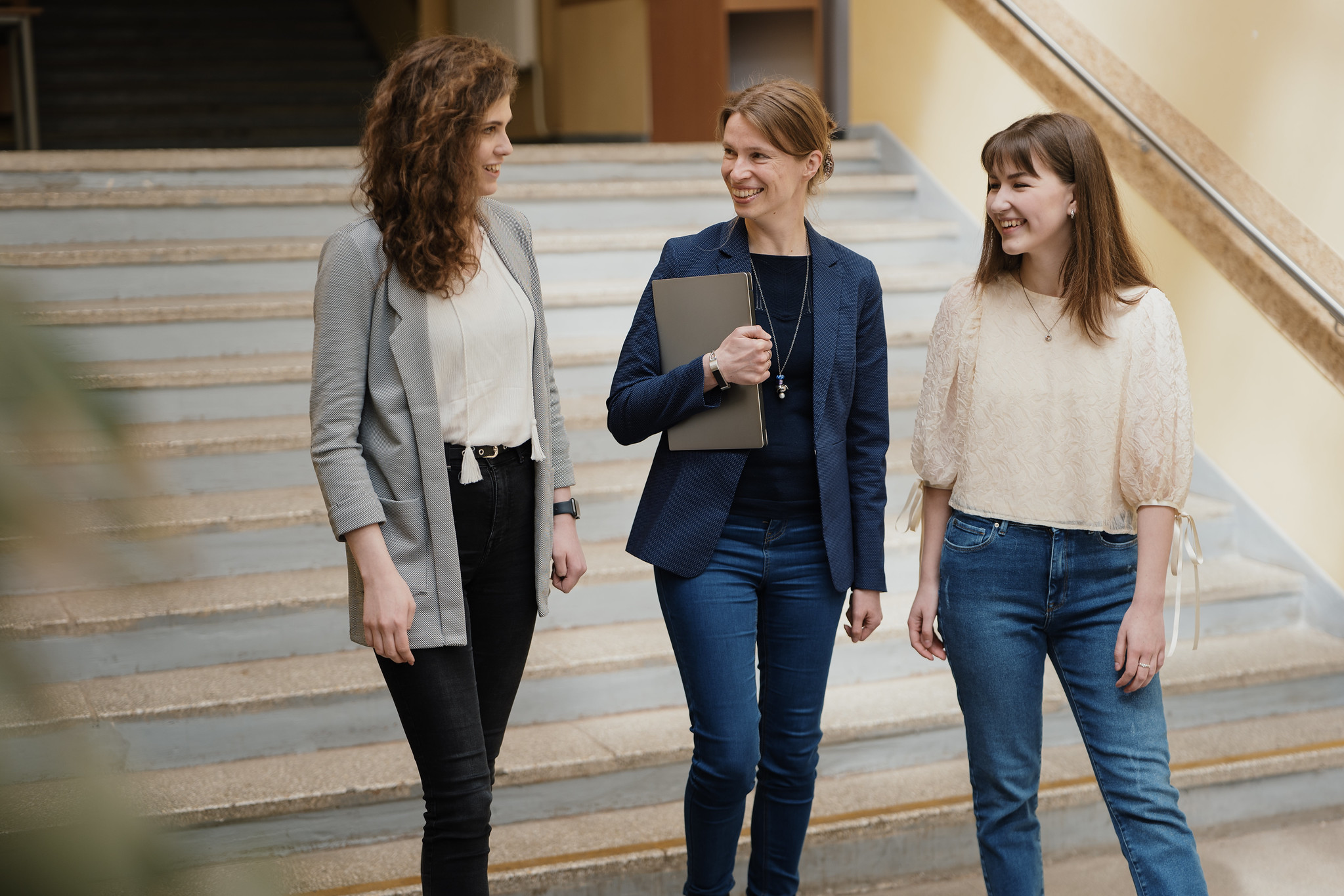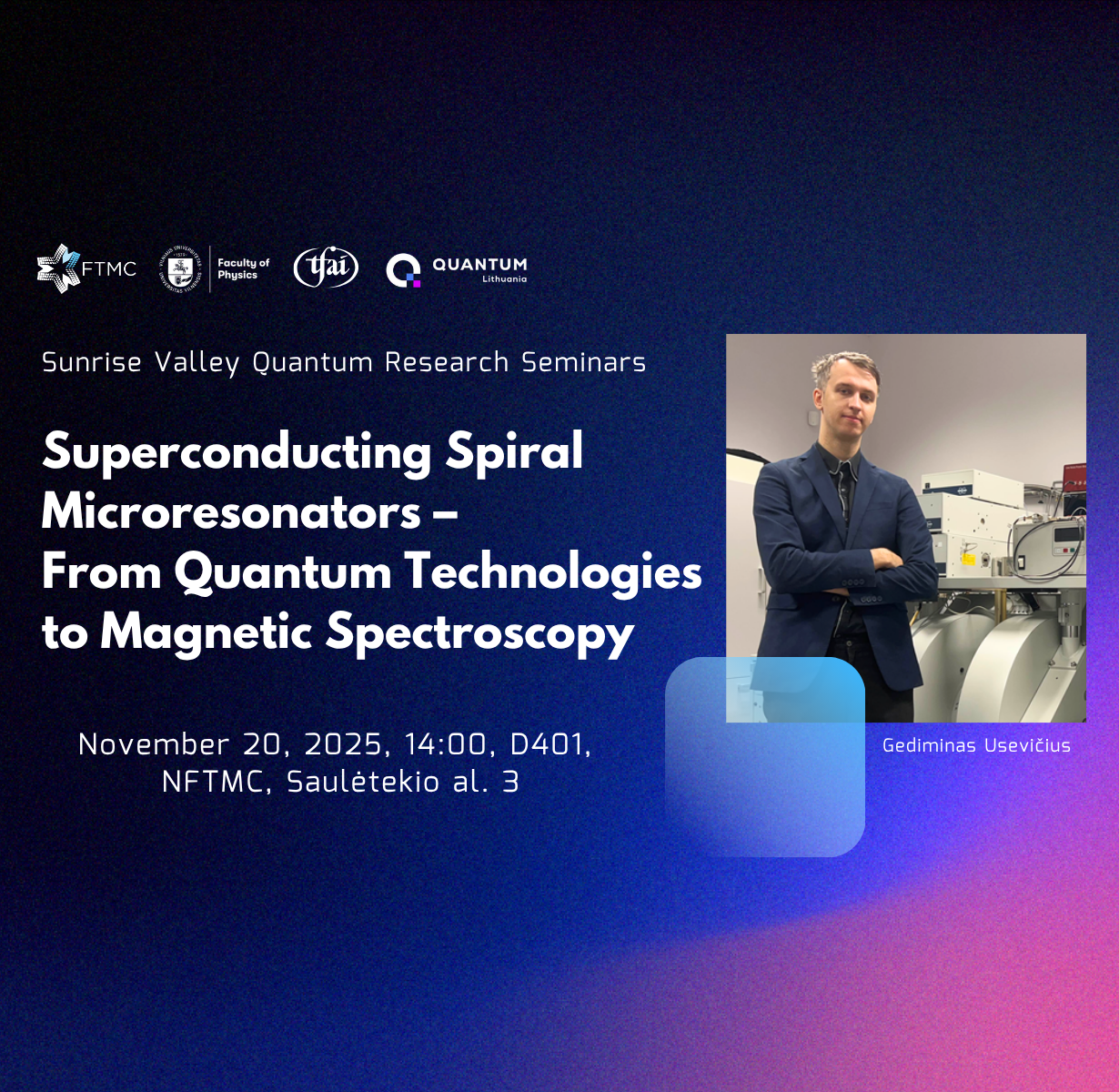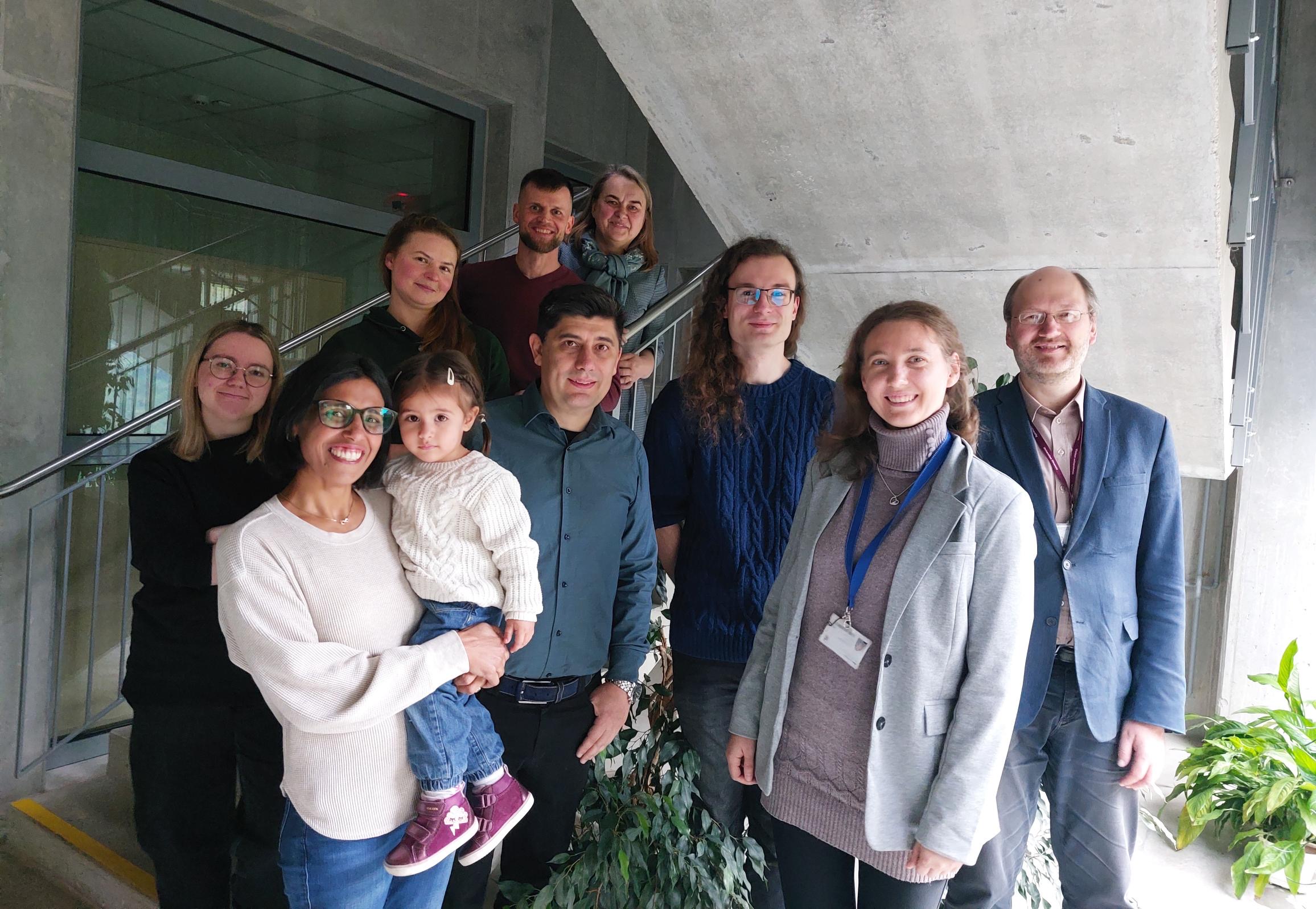Invitation to the conference "Behind the Wall of Silence: Challenges of Neurodiversity"
On December 3, the Community Welfare Department of Vilnius University (VU) invites the community to a conference "Beyond the Wall of Silence: The Challenges of Neurodiversity," dedicated to openly discussing what is still too often overlooked in society—different ways of thinking, perceiving, and communicating, and the challenges and opportunities associated with them. The conference will be opened by Prof. Vilmantė Pakalniškienė, Vice-Rector for Organizational Development and Community Affairs at Vilnius University.


